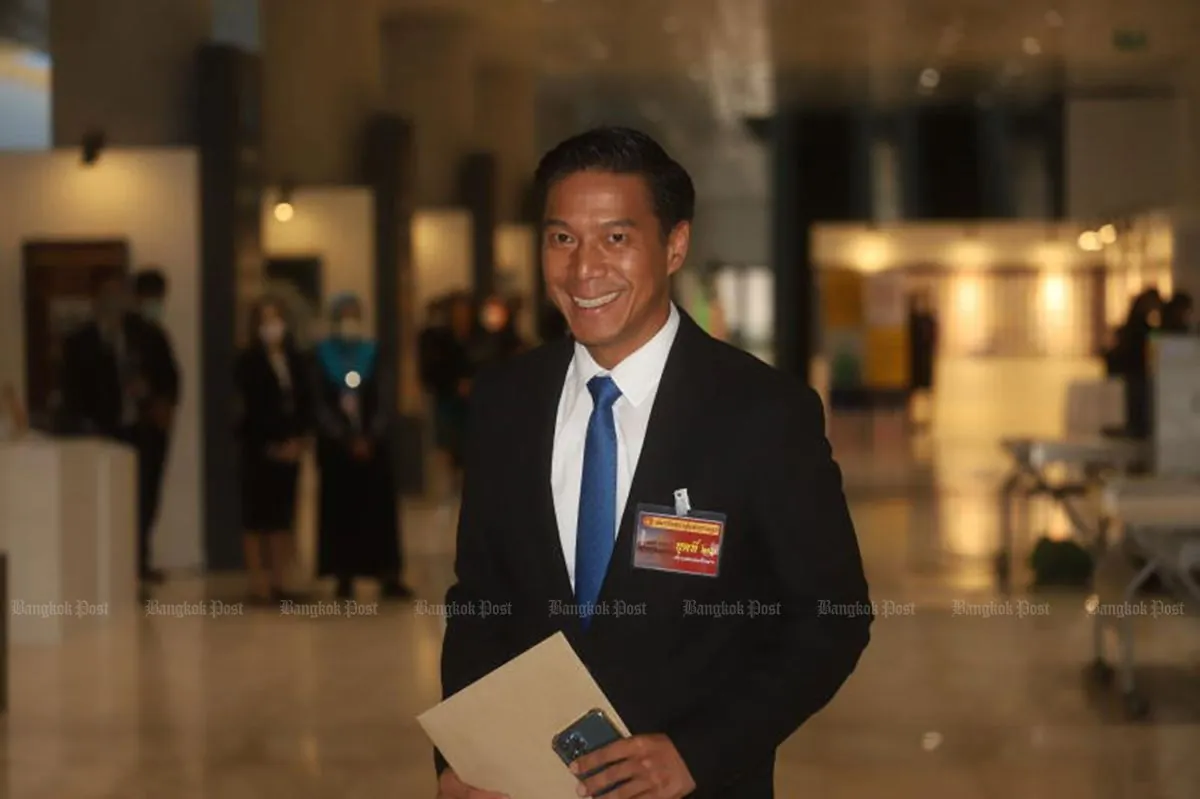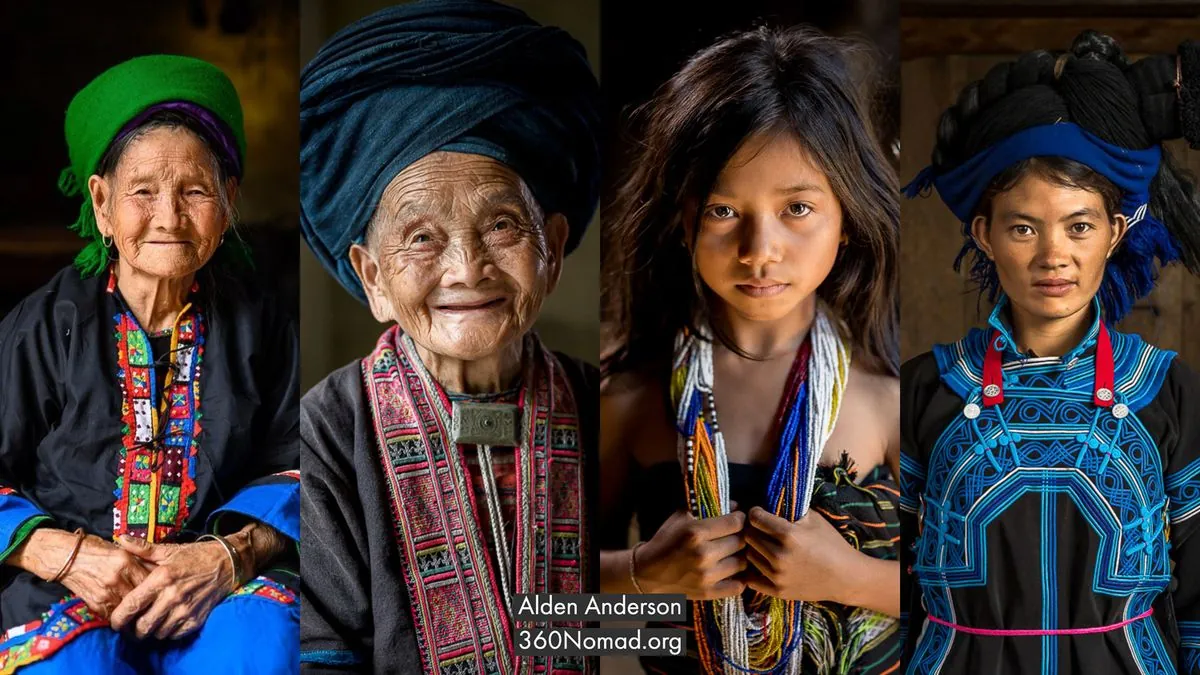Thai Court Approves Extradition of Vietnamese Activist Amid Rights Concerns
A Thai court has ordered the extradition of a Vietnamese activist, sparking human rights concerns. The case highlights ongoing issues with minority rights and regional extradition practices.

On September 23, 2024, a Thai court approved the extradition of Y Quynh Bdap, a 32-year-old Vietnamese activist, to his home country. This decision has raised significant concerns among human rights organizations regarding Bdap's safety upon return to Vietnam.
Y Quynh Bdap, co-founder of the Montagnards Stand for Justice group, was detained in Bangkok in June 2024. The activist had been convicted in absentia by Vietnamese authorities in January 2024, receiving a 10-year prison sentence for alleged involvement in organizing anti-government riots in Vietnam's Dak Lak province in June 2023.
The Montagnards, also known as the "mountain people," are indigenous to Vietnam's Central Highlands. This region, including Dak Lak province, is renowned for its coffee production, making Vietnam the world's second-largest coffee exporter after Brazil. However, the area has been plagued by deforestation and land disputes, affecting the Montagnard communities.
Bdap's attorney, Nadthasiri Bergman, has announced plans to appeal the extradition decision within the 30-day window. She emphasized that the Thai government retains the diplomatic option to halt the extradition, stating, "If he goes back to his country there will be a threat to his life, so the government should respect that evidence."

The case has drawn attention to Vietnam's treatment of the Montagnard minority. Many Montagnards converted to Christianity in the 1950s and 1960s, and fought alongside U.S. Special Forces during the Vietnam War. Since then, they have faced persecution and discrimination in Vietnam, where religious activities are tightly controlled despite constitutional guarantees of religious freedom.
Human Rights Watch has expressed grave concerns about Bdap's potential return to Vietnam. Bryony Lau, deputy Asia director for the organization, stated, "Y Quynh Bdap would be at real risk if returned to Vietnam." The group has documented numerous human rights abuses in the country and criticized Vietnam's use of national security laws to suppress dissent.
The situation is further complicated by Thailand's status as a non-signatory to the 1951 Refugee Convention. However, the principle of non-refoulement, which prohibits countries from returning refugees to places where they face persecution, is considered part of customary international law.
"Thai authorities should immediately release this prominent religious freedom advocate and refugee. Returning him to Vietnam would be a violation of Thailand's obligations under Thai and international law."
This case highlights ongoing concerns about Thailand's practice of extraditing dissidents from neighboring countries. Human Rights Watch has criticized this as a form of transnational repression, suggesting a quid-pro-quo arrangement between Southeast Asian nations.
The Association of Southeast Asian Nations (ASEAN), of which both Thailand and Vietnam are members, maintains a principle of non-interference in member states' internal affairs. This policy has often been criticized for potentially enabling human rights abuses within the region.
As international human rights organizations call for greater protections for ethnic minorities in Vietnam, the fate of Y Quynh Bdap remains uncertain. His case underscores the complex interplay between regional politics, human rights, and the protection of vulnerable minorities in Southeast Asia.


































